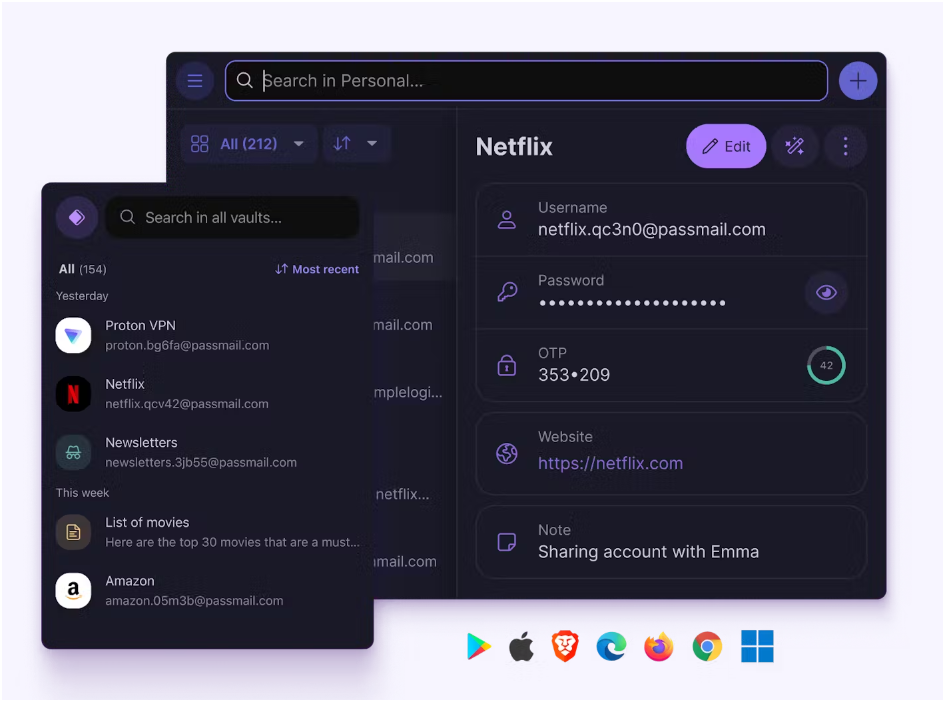- Select Prime members can get Kindle Unlimited for 3 months at no cost - here's how
- Modernization means putting developers in the driver’s seat
- Get a free iPhone 16 Pro for free from T-Mobile, no trade in required - here's how
- The LG C4 OLED for $800 off is one of the best Prime Day TV deals right now
- Prime members can save $10 on any $20 or more Grubhub+ order for a limited time - here's how
OpenAI Seeks Feedback About Open Model That Will Be Revealed ‘In the Coming Months’
Image credit: Creative Commons Developers have the opportunity to weigh in on OpenAI’s latest project. On March 31, the AI giant published applications for feedback sessions on an upcoming open language model, the second such model since OpenAI’s LLMs went private after GPT-2. It will be released “in the coming months,” according to a post on X by OpenAI CEO Sam Altman. Open-weight models can be modified by their users. In particular, “weights” in generative…
Read More










